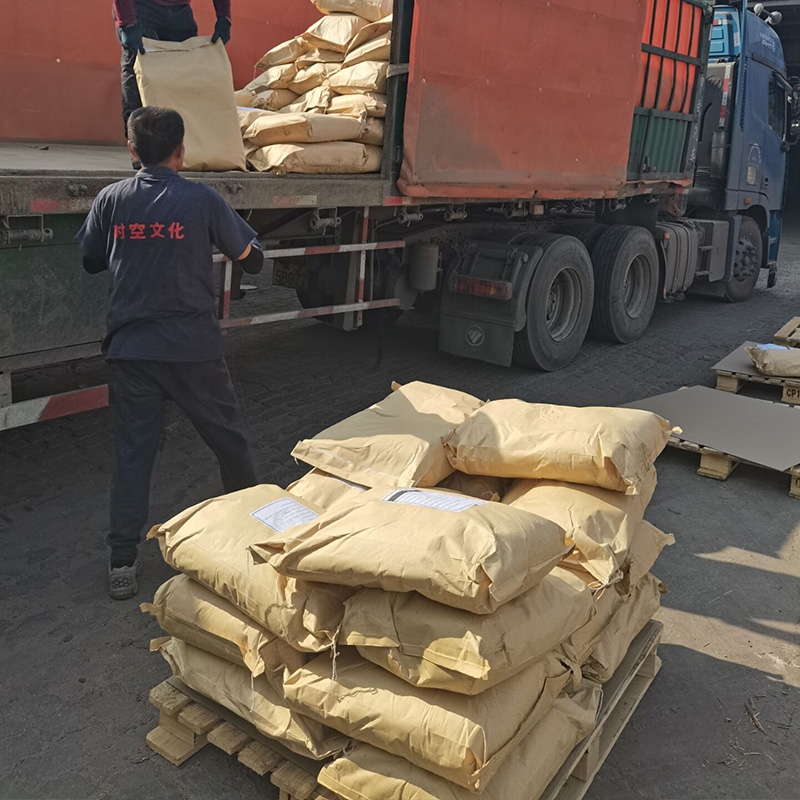-
Categories
-
Pharmaceutical Intermediates
-
Active Pharmaceutical Ingredients
-
Food Additives
- Industrial Coatings
- Agrochemicals
- Dyes and Pigments
- Surfactant
- Flavors and Fragrances
- Chemical Reagents
- Catalyst and Auxiliary
- Natural Products
- Inorganic Chemistry
-
Organic Chemistry
-
Biochemical Engineering
- Analytical Chemistry
-
Cosmetic Ingredient
- Water Treatment Chemical
-
Pharmaceutical Intermediates
Promotion
ECHEMI Mall
Wholesale
Weekly Price
Exhibition
News
-
Trade Service
Desmopressin acetate, also known asDDAVP, is a synthetic analogue of the naturally occurring hormone vasopressin.
It is commonly used in the chemical industry for various purposes, including as a reagent in chemical synthesis, as a separation agent in the purification of chemicals, and as a intermediate in the production of various pharmaceuticals.
One of the primary uses of desmopressin acetate in the chemical industry is as a reagent in chemical synthesis.
It is used in the synthesis of various organic compounds, including those used in the production of pharmaceuticals, fragrances, and other consumer products.
It is also used in the production of certain types of plastics, fibers, and other materials.
Desmopressin acetate is also used in the chemical industry as a separation agent in the purification of chemicals.
It has the ability to selectively bind to certain types of molecules, which makes it useful in the purification of chemicals that contain these molecules.
For example, it can be used to purify certain types of sugars, amino acids, and other compounds.
In addition to its uses in chemical synthesis and purification, desmopressin acetate is also used in the production of various pharmaceuticals.
It is an intermediate in the production of certain types of drugs, including some types of antidepressants and antipsychotics.
It is also used in the production of certain types of hormone replacement therapies.
Desmopressin acetate is typically synthesized through a series of chemical reactions that involve the use of various starting materials.
The process typically begins with the synthesis of a precursor compound, which is then converted into desmopressin acetate through a series of chemical reactions.
The exact details of the synthesis process can vary depending on the specific starting materials and desired product.
One of the key advantages of using desmopressin acetate in the chemical industry is its selective binding properties.
Because it is able to bind to certain types of molecules, it can be used to purify these molecules in a highly selective manner.
This can be particularly useful in the production of pharmaceuticals, where it is important to have a highly pure product.
Desmopressin acetate is also relatively easy to synthesize, which makes it a popular choice for use in the chemical industry.
The synthesis process is typically relatively straightforward, and the compound can be produced in large quantities at a relatively low cost.
In conclusion, Desmopressin acetate is a versatile compound that is widely used in the chemical industry for various purposes, including as a reagent in chemical synthesis, as a separation agent in the purification of chemicals, and as a intermediate in the production of various pharmaceuticals.
Its selective binding properties make it a valuable tool in the purification of chemicals, and its ease of synthesis makes it a popular choice for use in the production of various chemicals and pharmaceuticals.







